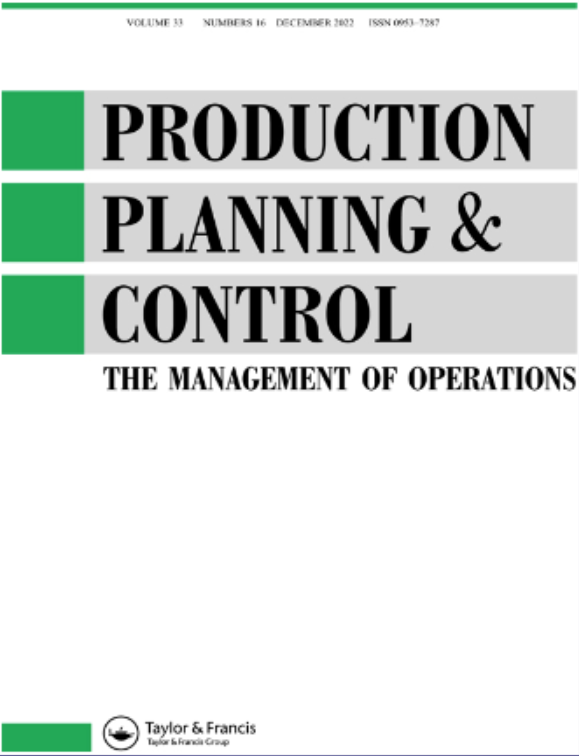面向过程的产品碳足迹测量模型:基于多案例的探索性研究
IF 5.4
3区 管理学
Q1 ENGINEERING, INDUSTRIAL
引用次数: 1
摘要
气候变化是全球性挑战,脱碳成为制造业的首要议程。由于人们普遍认识到只有被测量的才能得到管理,现在需要理解和测量产品碳足迹(PCF)。国际标准提供了碳足迹测量的基本步骤,但在实践中存在知识不足和成本高的问题。本文旨在回答“企业如何有效地开展PCF测量项目”这一研究问题。本研究采用多案例定性研究方法。通过对九家制造公司的运营经理和可持续发展专家的访谈收集数据,重点关注与他们的PCF测量项目相关的活动的动机和细节。通过案例内和跨案例分析,提出了一个流程模型,并确定了三种类型的PCF:面向试验、面向流程和面向市场的PCF。根据PCF场景,进一步开发了一系列定制的测量过程模型。整体过程模型有助于理解基于经验证据的PCF测量。实际上,过程模型可以作为实现PCF度量项目的“食谱”。本文章由计算机程序翻译,如有差异,请以英文原文为准。
A process-oriented model to measure product carbon footprint: an exploratory study based on multiple cases
Climate change is global challenge and decarbonisation becomes top agenda for manufacturing firms. As it is generally recognized that only the measured get managed, an understanding and measuring of the Product Carbon Footprint (PCF) is now needed. International standards have provided the basic steps for carbon footprint measurement, yet, in practice, there is knowledge insufficiency and high cost. This paper aims to answer the research question: ‘How can companies conduct PCF measurement projects effectively?’. This research adopts the qualitative method with multiple case studies. Data is collected through interviews with operation managers and the sustainability specialists of nine manufacturing companies, with a focus on the motivation and details of activities relating to their PCF measurement projects. Through within-case and cross-case analysis, a process model is proposed alongside the identification of three types of PCF, trial-oriented, process-oriented, and market-oriented PCF. A series of tailored measurement process models are further developed according to the PCF scenarios. The holistic process model contributes to the understanding of a PCF measurement that is based on empirical evidence. Practically, the process model can serve as a ‘cookbook’ to implement PCF measurement projects.
求助全文
通过发布文献求助,成功后即可免费获取论文全文。
去求助
来源期刊

Production Planning & Control
管理科学-工程:工业
CiteScore
19.30
自引率
9.60%
发文量
72
审稿时长
6-12 weeks
期刊介绍:
Production Planning & Control is an international journal that focuses on research papers concerning operations management across industries. It emphasizes research originating from industrial needs that can provide guidance to managers and future researchers. Papers accepted by "Production Planning & Control" should address emerging industrial needs, clearly outlining the nature of the industrial problem. Any suitable research methods may be employed, and each paper should justify the method used. Case studies illustrating international significance are encouraged. Authors are encouraged to relate their work to existing knowledge in the field, particularly regarding its implications for management practice and future research agendas.
 求助内容:
求助内容: 应助结果提醒方式:
应助结果提醒方式:


